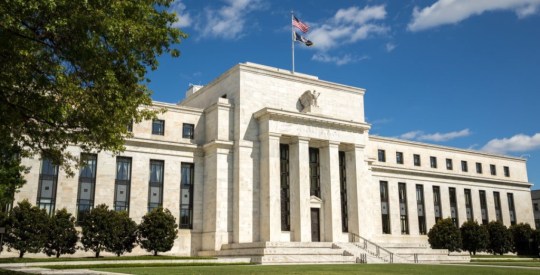The House Financial Services Committee is set to vote on eight bills Tuesday proposed by Republicans in an effort to wind down the government-sponsored enterprises Fannie Mae and Freddie Mac. Members of the House of Representatives introduced the eight bills last week, which cover issues such as GSE executive compensation, fair housing goals, new GSE activity and business, and portfolio caps. One bill in particular introduced by Rep. Scott Garrett (R-N.J.) hits a hot button issue on whether or not Fannie and Freddie should be exempt from the risk-retention standards of a qualified residential mortgage. According to Garrett’s bill, H.R. 1223 or the GSE Credit Risk Equitable Treatment Act, GSE securities would not be exempt from the risk-retention requirements of Dodd-Frank. Regulators have proposed an initial mortgage risk-retention plan, which requires banks and lenders to keep skin in the game unless a borrower makes a 20% down payment. Edward DeMarco mollified lawmakers after the bill was introduced last week, acknowledging that the GSEs already hold 100% of the risk and should therefore be exempt. But Washington thinktank MF Global said Monday that risk-retention could be a positive avenue for Fannie and Freddie. The 5% risk-retention requirement for the GSEs would decrease the supply of mortgage-backed securities in the market but would not increase the cost of capital advantage Fannie and Freddie have compared to the big banks due to government backing, MFGlobal said. “A 5% risk-retention requirement would simply ensure those (GSE) portfolios do not disappear,” MF Global said. “This same funding advantage helps Fannie and Freddie in the securitization business as they can finance their inventory with low cost funds. Risk-retention requirements do not end this funding advantage.” MFGlobal remains cautious, however, as it said a 20% down payment exemption could indirectly hurt the private mortgage insurance sector. Mortgage insurance providers make their living on loans sold to Fannie and Freddie with less than a 20% down payment, according to MF Global. Some of the legislative options could curtail these sales, the thinktank said. “That means less business for the mortgage insurers unless the private-label issuers decide to adopt similar mortgage insurance requirements,” said MF Global. “We note that the MI providers are not the target of his fight. They are just bystanders caught in the legislative crossfire.” Write to Christine Ricciardi. Follow her on Twitter @HWnewbieCR.
House committee to vote on Republican bills for GSE wind down
Most Popular Articles
Latest Articles
Powell makes it clear: No rate cuts anytime soon
Powell made statements that indicate there will be no rate cuts anytime soon because the economy and the labor market are too strong.



